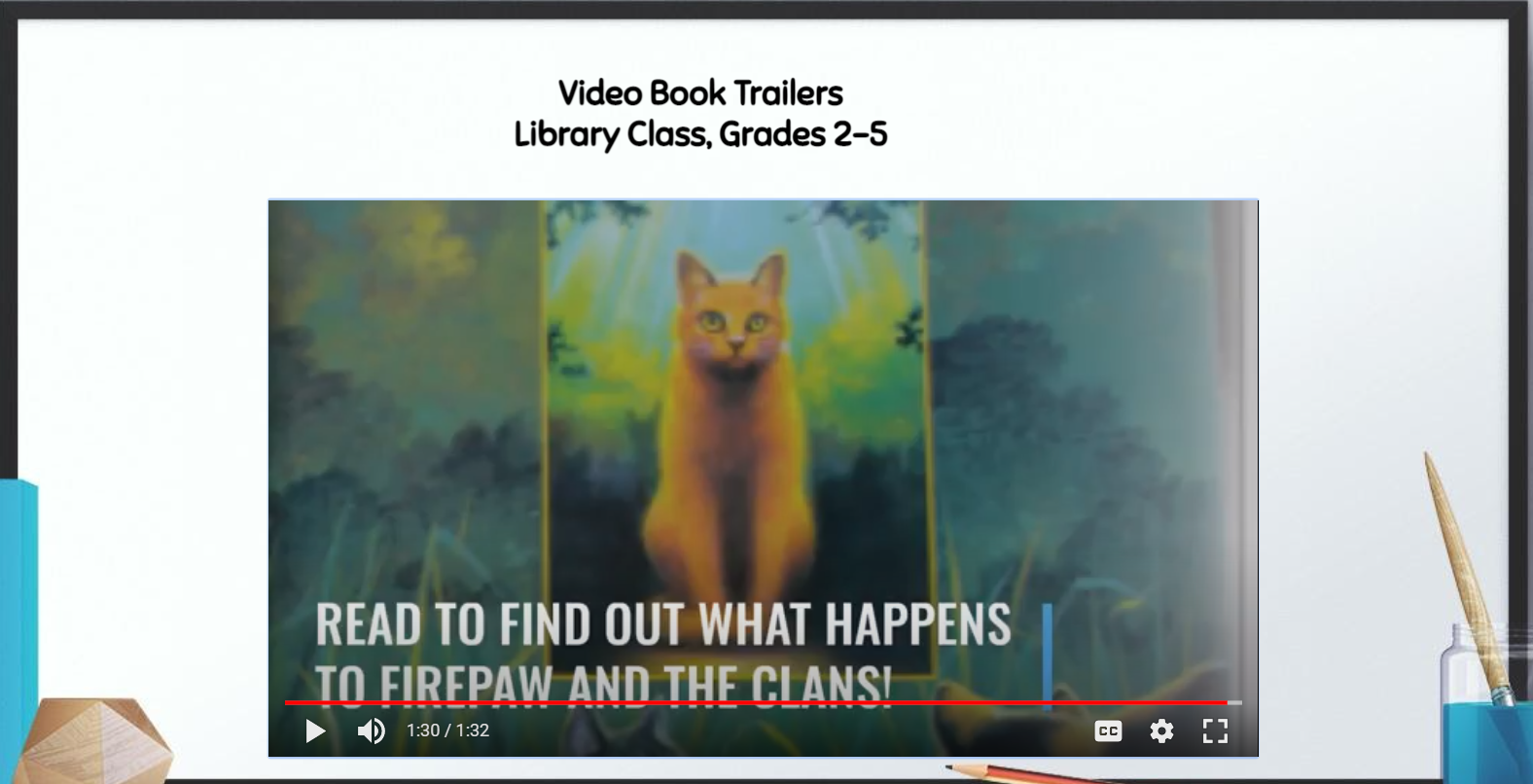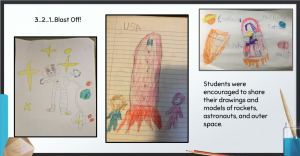Research & Insights / Agency and Relevance: Engaging Students through Project-Based Learning
Agency and Relevance: Engaging Students through Project-Based Learning

As students and teachers across the city adjusted to remote learning last spring and various iterations of remote, hybrid and in-person instruction over the past school year, Project-Based Learning emerged as a powerful strategy to engage students in real-world and personally meaningful work. At EdVestors’ 18th Annual Showcase, educators from Winship Elementary School and the Digital Ready program at Excel High School shared powerful examples of this learning strategy in practice.
First up, Sarah Cherry Rice, Executive Director of Digital Ready, and Molly Mus, special education science teacher at Excel High School in South Boston, shared how Digital Ready programming approaches Project-Based Learning not only as an effective strategy to engage students in a way that is personally relevant to their lives, but also as a way for students to build problem-solving and technical skills that provide access to Boston’s innovation economy. Digital Ready, a grantee in EdVestors’ Career Pathways work, aims to ensure that students have agency and social capital for pathways to high-wage, in-demand jobs that are in their backyard, as they create a digital portfolio showcasing their experience and developed skills that has currency in Boston's innovation economy.
In partnership with Digital Ready, one project that Ms. Mus tackled with her students this school year centered around the question: How can we use principles of energy to help us build and refine a device to serve our everyday needs? Students were tasked with developing a solar-powered phone charger. This project incorporated an important state-standard in physics but also gave students a tool they were excited to use following the completion of the project. Students were given toolkits of materials that allowed both in-person and remote students to be fully engaged throughout the project. Ms. Mus shared that during this challenging school year, students were craving learning opportunities that were both hands-on and relevant to their lives. During this project, students were eager to come to school and dive in each day. She shared, “No matter what—even when their circuits weren't working—students jumped back into it the next day and were excited to keep trying. It’s really rare to see that.”
Next up, in Brighton, a team of educators from the Winship Elementary School, EdVestors’ 2020 School on the Move Prize winner, shared the important role that Project-Based Learning played in teaching and learning during the pandemic. Project-Based Learning has been a core foundational strategy for the Winship as a STEAM school that prioritizes authentic, student-centered learning experiences. During periods of remote and hybrid learning, Project-Based Learning also facilitated strong family engagement opportunities.

ESL teacher Lisa Llorente shared a project aimed at academic discourse and building vocabulary among English learners focused on the launch of the Falcon 9 spaceship to the International Space Station. The project was multifaceted; students watched video clips of earlier launches, read related texts, and culminated in presentations of rocket drawings and models made from materials found around their homes. As parents were experiencing a closer look at instruction than previously possible during in-person instruction, Ms. Llorente noticed authentic learning happening between parents, students, and teachers. Throughout the project, parents emailed relevant resources to Ms. Llorente, and they all met on Google Classroom to watch the launch live.

Family engagement was also a key strength of Shannon DeBari’s All About Me project with her first graders. Students were tasked with creating a digital autobiography. This project addressed many ELA standards, including developing interviewing and writing skills to technical typing skills. Families were involved through a survey and sharing photos that would eventually be incorporated into each student’s autobiography. Regarding the celebratory publishing party, Ms. DeBari shared, “Students really wanted to share about themselves, especially as they weren’t seeing each other as often. [This project] created a sense of community while having kids really engaged in a writing project.” Students were excited to be able to choose which chapters of their lives to share with their peers.

Aaron Noll, librarian and ESL teacher, also highlighted the value of student choice in engaging learning opportunities. His students created video book trailers based on their favorite fiction book. This project encouraged them to create a product about something they loved while analyzing story elements and practicing new skills such as storyboarding and using a new technology platform.

As educators across the district rethought and reimagined their strategies for engaging students during the pandemic, Project-Based Learning emerged as an instructional practice with high potential to create meaningful and relevant learning experiences both remotely and in-person through interactive learning environments that fostered a sense of community among students, teachers, and families.
Emily Barr is the Director of Data and Evaluation. Learn more about the Education Showcase here.



